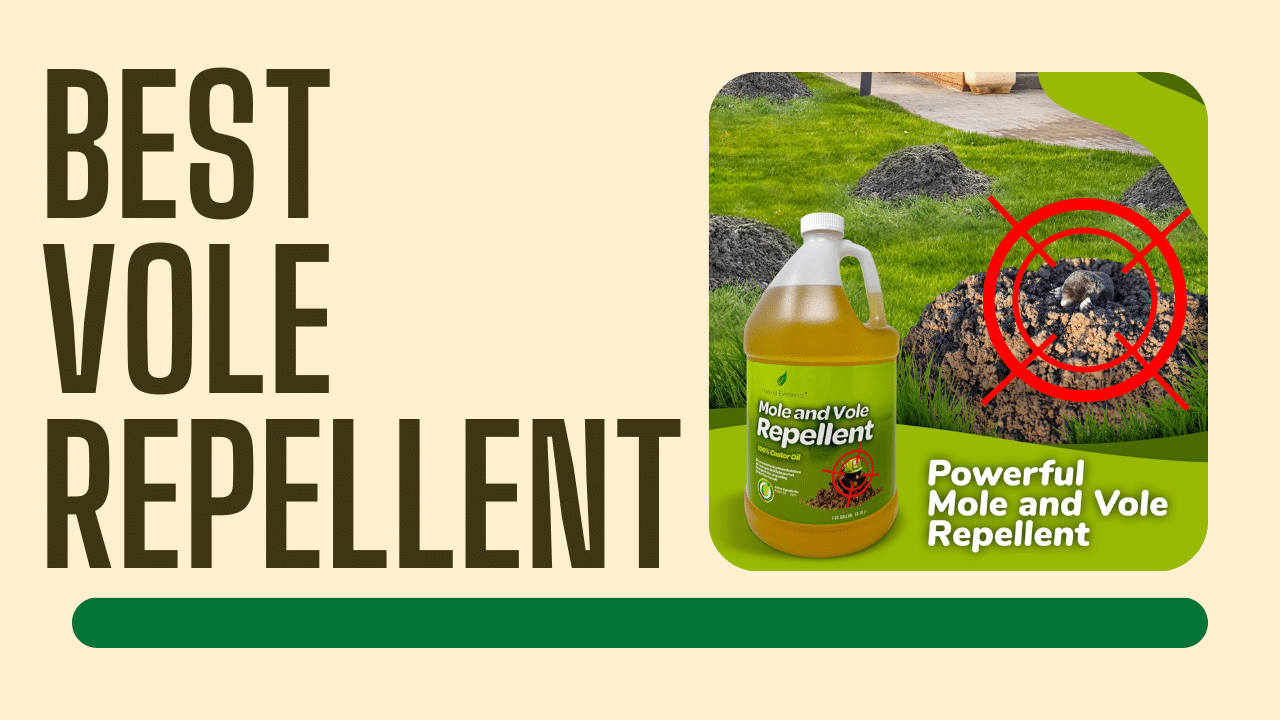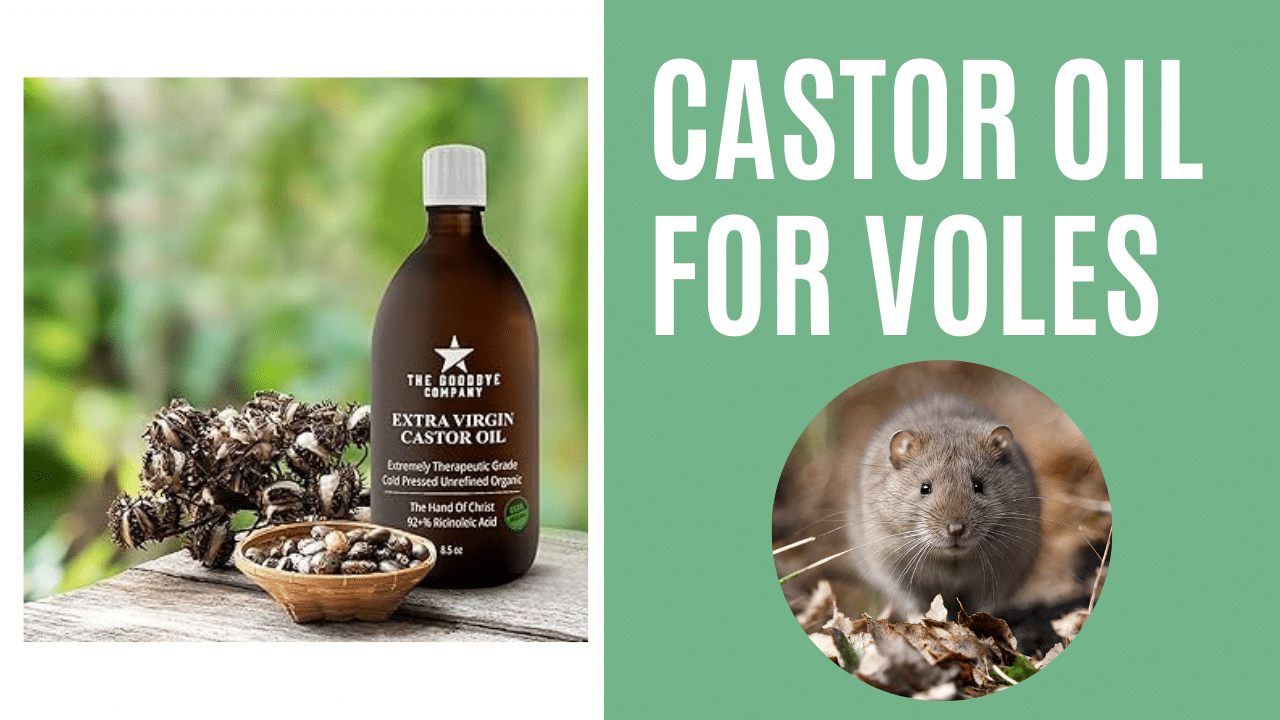
Bed bugs have invaded your home and bed, plaguing you with itchy red bites. Even if they weren’t biting you, you want to be rid of the repulsive little insects. You know there’s a variety of insecticides. Sure, insecticides will kill the pests, but they’re also toxic to you. Who wants to spray poison on their bed? Not you. You’ve heard that essential oils will destroy bugs. Which ones are best? Does lavender oil kill bed bugs? If so, how do you use it? Keep reading for answers to your questions.
Contents
Is It Effective Against Bed Bugs?
When bed bugs invade, all you want is to get rid of them. You prefer a natural remedy rather than insecticides. The poisons in the insecticides aren’t safe to use around your children or pets. You also don’t want poison soaking into your mattress. You’re also concerned about how the overuse of insecticides has affected the environment.
Does lavender oil kill bed bugs? Lavender has myriad uses. It’s an effective bug repellent for most pests, including bed bugs. If you spray it directly on them, it’s lethal. Many people have found that lavender oil kills bed bug eggs. If you want to know does ammonia kill bed bugs or their eggs, you’ll find more information here.
How Do I Use It
There are dozens of species of lavender.
The common names of the most familiar are:
- Dutch Lavenderm
- English Lavenderm
- French Lavenderm
- Spanish Lavender
These will all have the botanical names on the labels.
If a botanical name isn’t specified, then it’s probably either a synthetic or a blend. English lavender is used in skincare products, and its botanical name is L. angustifolia. That is also the best species to kill or repel bed bugs. Purchase only pure L. angustifolia oil to use on your bed bug problem.
It isn’t only bed bugs that bite you during the night. Before you can effectively eliminate pests, you need to know which ones are the problem. You can do this safely with the best bed bug traps.
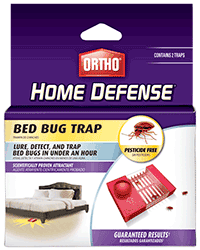 The traps have a sticky surface that catches anything that crawls on them. Set the traps according to the instructions, such as near your bed frame or by the baseboards. The next morning, you can identify the trapped bugs. That will enable you to use effective ways of eradicating them.
The traps have a sticky surface that catches anything that crawls on them. Set the traps according to the instructions, such as near your bed frame or by the baseboards. The next morning, you can identify the trapped bugs. That will enable you to use effective ways of eradicating them.If you’ve treated the room for a bed bug infestation, you can also use the traps to confirm the pests are gone. Not all treatments will kill the eggs. If more bed bugs have hatched, you’ll find them in the traps and can take further steps to eliminate them.
Commercial lavender essential oil is very potent in its concentrated form. It’s made by steam distillation. You can make a gentler oil at home by infusion.
The summarized process for homemade lavender oil:
- Start with dried lavender.
- Trim off the woody portions at the bottom of the stem.
- Crush the lavender and place in a clean jar.
- Add enough light oil, such as almond oil, to cover the crushed lavender.
- Close the jar tightly and allow sitting for up to six weeks.
- Store the finished oil in a cool, dark place.
If you won’t be using it right away, you can add a few drops of organic vitamin E oil as a preservative.
Make a Repellent Spray
Because commercial lavender oil is so strong, experts recommend using a diluted spray. Prepare a spray using the proportion of one drop of commercial lavender oil to one ounce of water.
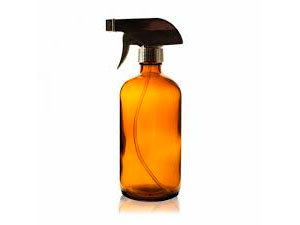
You can use your infused lavender oil in your bed bug spray, but you’ll need to add up to 30 drops per ounce of water.
People have also been successful in adding lavender oil to the final rinse when they launder their bedding. Using a lavender-based body lotion will help keep any stray bed bugs from attacking you. The lavender fragrance has the added benefit of helping you relax and get a good night’s sleep.
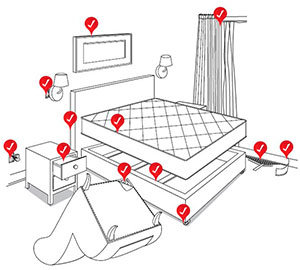 Because of the name, many people believe that bed bugs live only in beds. That’s not the case. Bed bugs live everywhere. Bed bugs only eat blood, preferably humans. They will go wherever you are. Bed bugs can set up housekeeping in your clothes, your furniture, your walls, and your floor. They hide in tiny places during the day and come out at night. Your body warmth draws them to you.
Because of the name, many people believe that bed bugs live only in beds. That’s not the case. Bed bugs live everywhere. Bed bugs only eat blood, preferably humans. They will go wherever you are. Bed bugs can set up housekeeping in your clothes, your furniture, your walls, and your floor. They hide in tiny places during the day and come out at night. Your body warmth draws them to you.To effectively eliminate bed bugs, it’s necessary to treat the whole room. They can be behind baseboards, in your bed frame, behind wall decor, and inside electrical outlets. People have found bed bugs hiding in their dresser drawers, closets, and inside their clocks or gadgets.
Using Lavender Oil As a Repellent
Many essential oils effectively kill or repel bed bugs and other insects. For example, this article tells you how to use tea tree oil for bed bugs. Lavender is preferred to other oils by many people because it has a pleasing fragrance. If you steam iron your clothes, put a drop of lavender oil in the iron to add a very light scent to your clothes. That will help repel bugs.
The lavender oil spray described above is an effective bed bug repellent. If you have a severe infestation, prepare a stronger solution and spray it in cracks and crevices. Be careful to not get the spray where the moisture can cause damage. If you think you need something stronger, this article answers your questions about does Lysol kills bed bugs.
More Ways to Use
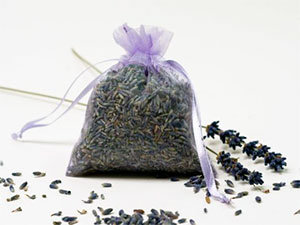
If you’re staying away from home and want to avoid bringing home bed bugs, lavender can help. You can purchase lavender sachets or make your own from lavender buds. Put the sachets in your luggage, around the bed, and under your pillow. If that’s not possible, use your trusty lavender oil spray.
The Pros and Cons
Like everything else, lavender oil has pros and cons. It’s very useful and safe when used carefully.
- When diluted, lavender oil is gentle in action.
- It’s antiseptic and can relieve pain.
- It’s calming and healing.
- Furthermore, it’s an insect repellent and insecticide.
- It can prevent a variety of insect bites.
- Pure lavender oil is very potent and should be diluted before use.
- It may be unsafe if you are pregnant or breastfeeding.
- It’s toxic if ingested.
- Likewise, it can cause allergic reaction in sensitive people.
- It can cause enlarged breasts in young boys (very rare).
It’s important to use pure lavender oil regardless of what you’re using it for. Synthetics may smell nice, but they don’t have the benefits of natural oil. Additionally, the ingredients in synthetics can be a source of the skin or respiratory irritation.
You can eliminate a bed bug infestation without using insecticides that are toxic to you, your children, and your pets. Lavender oil can be used in a variety of ways to get rid of ugly pests.





